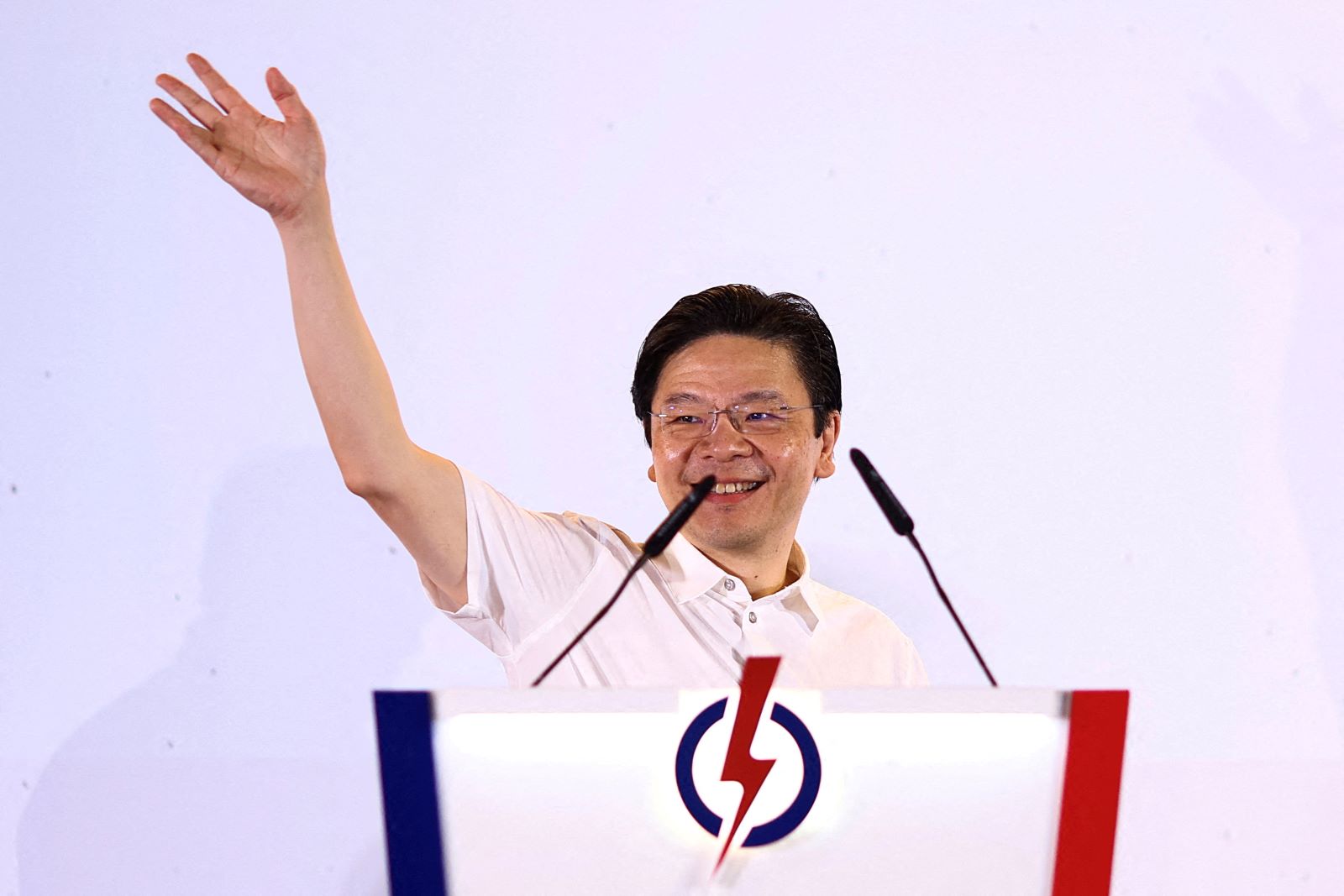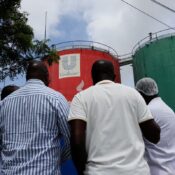
Singapore’s ruling party maintains its monopoly after a resounding election victory
The People’s Action Party of Singapore won its 14th consecutive election on Saturday, extending its uninterrupted six-decade dominance and giving its new premier a solid mandate as the city-state prepares for economic instability brought on by a global trade war.
With 87 of the 97 parliamentary seats up for grabs, the PAP, which has controlled since before Singapore gained its independence in 1965, won by overwhelming percentages in several of the 33 constituencies, while the opposition was unable to build on its prior triumphs.
Amidst indications of dissatisfaction with the PAP’s firm hold on power in the Asian financial center, where six million people have never experienced any other form of governance, the election served as a predictor of the party’s popularity.
Its proportion of the popular vote is keenly followed as a gauge of the strength of its mandate, even though the PAP has routinely won roughly 90% of seats. Prime Minister Lawrence Wong is keen to make an impression in his first election as leader, following one of the PAP’s poorest performances ever.
According to local media, the PAP received 65.57% of the vote, which is more than the 61.2% they received in the 2020 election, although they have not yet been officially proclaimed the winner.
The decision is expected to be interpreted as a strong public endorsement of 52-year-old Wong, a U.S. graduate who was appointed Singapore’s fourth prime minister last year and who promised continuity, fresh blood, and a different approach to leadership.
He succeeded former leader Lee Hsien Loong, son of modern-day Singapore’s founder Lee Kuan Yew, after his two-decade premiership.
The risk of reversal
Wong has to deal with the ongoing issues of high living expenses and a housing shortage in one of the priciest cities in the world, which could see a recession and job losses if its trade-dependent economy is negatively impacted by the trade war brought on by hefty U.S. tariffs.
With the words, “We are grateful once again for your strong mandate, and we will honor it,” Wong praised his constituents.
Despite the fact that the PAP’s victory upholds the status quo, the opposition was severely weakened and PAP candidates received more than two-thirds of the vote in 18 out of 33 constituencies.
The National University of Singapore’s adjunct senior lecturer Mustafa Izzuddin stated, “The people have spoken and they have voted for stability, for continuity, for certainty – and they voted to give Prime Minister Lawrence Wong a strong mandate.”
The election may have changed the future political landscape, according to some commentators, if the opposition had gained more ground. Some younger voters were eager for new voices, more scrutiny, and more heated debate. However, a PAP defeat was always very unlikely.
It might take some time, though. Similar to past elections, Saturday’s was a lopsided contest, with the PAP fielding 46% of all candidates.
While the Workers’ Party won the 10 seats that the PAP failed to win, the ruling party ran in every seat, while the Workers’ Party only ran in 26.
Compared to its unproven rivals, the PAP has a large membership base, sway over governmental institutions, and significantly more resources.
Singaporeans’ support for a known quantity at an uncertain period was crucial to the PAP’s resounding victory, according to Joshua Kurlantzick, Senior Fellow for Southeast Asia and South Asia at the Council on Foreign Relations.
“It’s a flight to safety – not wanting to change to a new party amidst the greatest global trade tensions in decades,” he explained.
“Just because they are a rock in times of trouble – the same issues are there (that) they need to address.”
All Categories
Recent Posts
Tags
+13162306000
zoneyetu@yahoo.com


